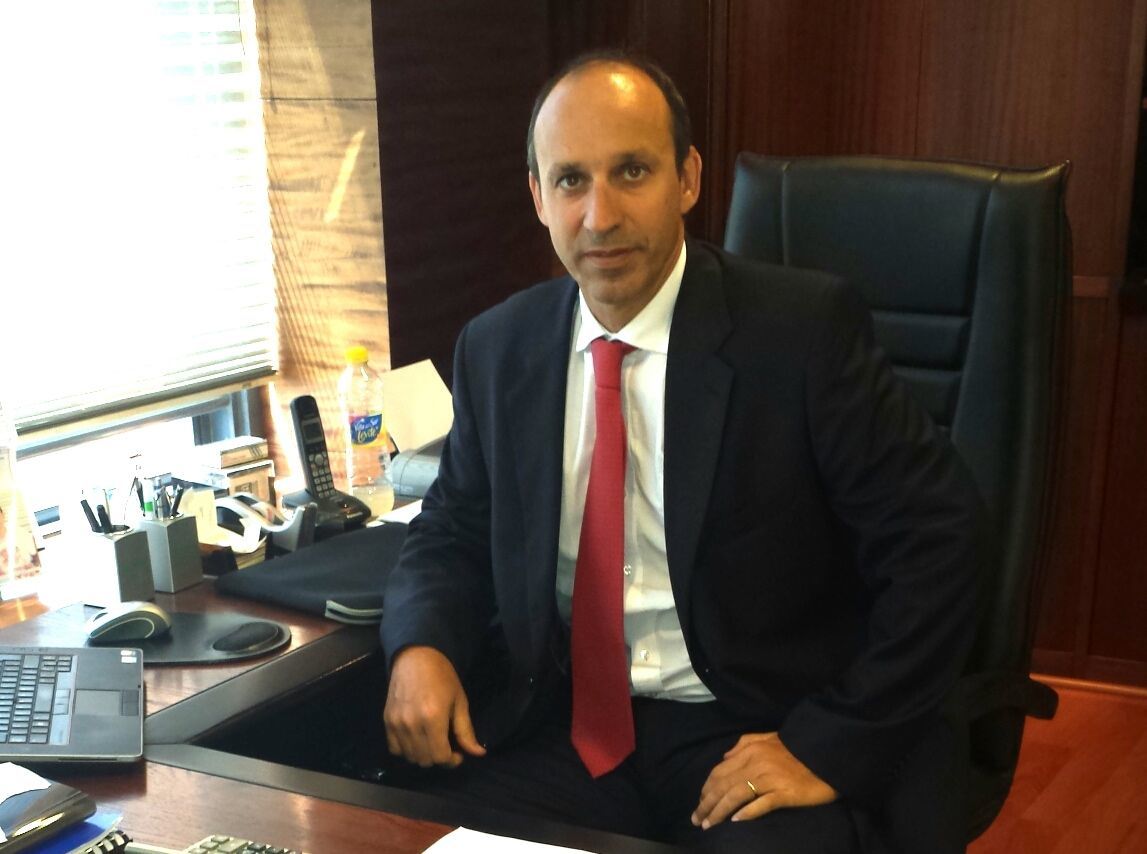Negative Interest Rates: New Strategies for a New World
| By Fórmate a Fondo | 0 Comentarios

Maurits Escher was the champion of enigma. This 20th century Dutch artist was a master of portraying strange or paradoxical situations. In Escher’s world, white birds transform into daytime landscapes while black birds become night-time landscapes, ribbons only have one side, motion is perpetual and so on.
Until recently, negative nominal interest rates would have never been considered a serious hypothesis. Outside of the imaginings of an “Escheresque” form of finance, financial theory and practice seemed to be based on the solid foundations of the time preference and making money “work”. As a result, the widespread and lasting establishment of negative interest rates in Europe directs us toward a new world where our thought patterns have been turned upside down, explained Nicolas Gaussel, Chief Investment Officer at Lyxor Asset Management.
A widespread reality that looks set to last
How do we explain why banks are still lending to one another while interbank rates are negative?, asked Gaussel. As of mid- April 2015, five-year sovereign yields were negative in nine European countries: Austria, Belgium, Denmark, Germany, Finland, the Netherlands, Sweden, Switzerland, and Slovakia. For shorter maturities (two-year), twelve countries are trading at negative yield (the above countries plus Czech Republic, France, and Portugal, see graph 1.
Lyxor AM estimate that 25% of bonds contained in the iBoxx euro sovereign all maturities index currently deliver negative yields (see graph 2). At the beginning of February 2015, certain corporate bonds also had negative yields. Since records began at the turn of the 19th century, interest rates have never been so low.
Despite this, the flow of investment into European bonds is at record levels. According to Morningstar, European bond UCITS (sovereign and corporate) saw inflows of EUR 6 billion in February 2015, the highest monthly inflow in five years.
The bond rush is accelerating in Europe, while yields do not appear to offset the credit and duration risks taken by investors.
Falling yields are certainly not a new phenomenon. Since the mid 1980s, there has been a marked decline in real interest rates. There are many reasons for this fall: an abundance of savings in emerging market countries, especially China, a widespread decline in investment in developed countries and increased demand for risk-free assets from emerging markets in the wake of the financial crises in the late 90s, said the Chief Investment Officer at Lyxor Asset Management.
This fall in interest rates, which has accelerated since the financial crisis of 2007-2008, has now reached its peak. In 2015, leading central banks around the world have adopted a zero interest rate policy. In order to tackle deflation risks in several European countries, some of these have even introduced negative interest rates (ECB, Swiss National Bank, Danish National Bank and Bank of Sweden).
This negative interest rate phenomenon looks set to last, believe Gaussel. Indeed, it is acting as a catalyst for the decline of the eurozone’s growth potential. The latest forecasts by the European Commission signal that the growth potential of the euro area has fallen from 2% at the start of the last decade to 0.7% today. The eurozone has been experiencing deflation for several months, and while this phenomenon should be temporary, long-term inflation expectations have fallen. The ECB survey among professional forecasters at the beginning of 2015 also points to long-term inflation expectations largely below the ECB target: we will have to learn to live with negative interest rates.
Financial players will have to adapt to this new environment
It is too soon to size up the implications of such a situation, should it last. In an environment of negative interest rates, the future value of financial assets is less than their current value. This favours debtors and penalises creditors, who now have to pay the equivalent of an insurance premium to put their money in a safe place.
Not only individual investors, but also major financial institutions including banks, insurance companies and pension funds are experiencing far-reaching implications. For banks, for example, imposing negative interest rates on deposits would have political consequences that are difficult to assess. Life insurers and pension funds will have to totally rethink how they operate: what is the point of investing in the markets if they perform less well than a safe deposit box?
However, we are still left with some very tangible issues facing investors: how do you generate a minimum return without taking too much risk?
Are negative yields inevitable if you do not want to reduce a portfolio’s credit quality, or take on too much duration risk for fear of being caught out by an unexpected rise in interest rates? Innovative and dedicated investment solutions offer a response to new constraints on investment. Designed and operated by Lyxor, two new, actively managed funds address the matter of negative yields and the control of market risks.
New solutions
The Lyxor EuroGovies Risk Balanced strategy offers a solution for investors wishing to maintain their exposure to European sovereign bonds, said Nicolas Gaussel. Originally designed for banks seeking to invest their HQLA(2) portfolio linked to the Basel III liquidity coverage ratio, this solution is also of interest to investors who have to manage bond portfolios in order to comply with the regulations, manage liabilities or synchronise durations.
This strategy offers a response to a major challenge for investors: how to maintain optimum exposure to European sovereign bonds when yields are so low, while keeping a close eye on risks? Treasurers are facing a similar challenge in the light of historically low money market rates. Once again, a turnkey solution involving short-term secured investments can offer real investment opportunities.
In this way, Lyxor Smart Cash invests in short-term bank securities, collateralised by shares. Actually, new regulatory constraints encourage banks to offload shares from their balance sheets, with a commitment to take them back in the future, via repo transactions(4). This new paradigm is putting pressure on equity repo rates, which are turning negative across the board. Combined with a negative Eonia, this gives rise to a situation in which short-term bank debt securities collateralised by shares offer a higher return than non-collateralised securities, even though objectively speaking they are less risky.
Lyxor Smart Cash strategy offers the possibility to achieve a return higher than the yield generated by traditional unsecured short-term money market investments, while minimising counterparty, liquidity and interest-rate risk.
In addition to its advantages in terms of yield and risk management, the Lyxor Smart Cash fund also allows investors to gain this exposure without having to deal with the administrative and financial complexities associated with investing directly in the repo market.
Lyxor’s two active management strategies can be seen as a new source of performance in a universe hampered by low returns. An effective response to the current situation.









